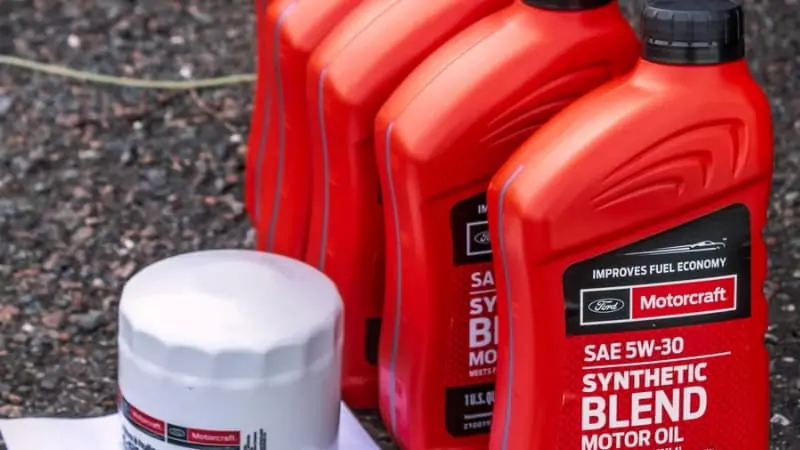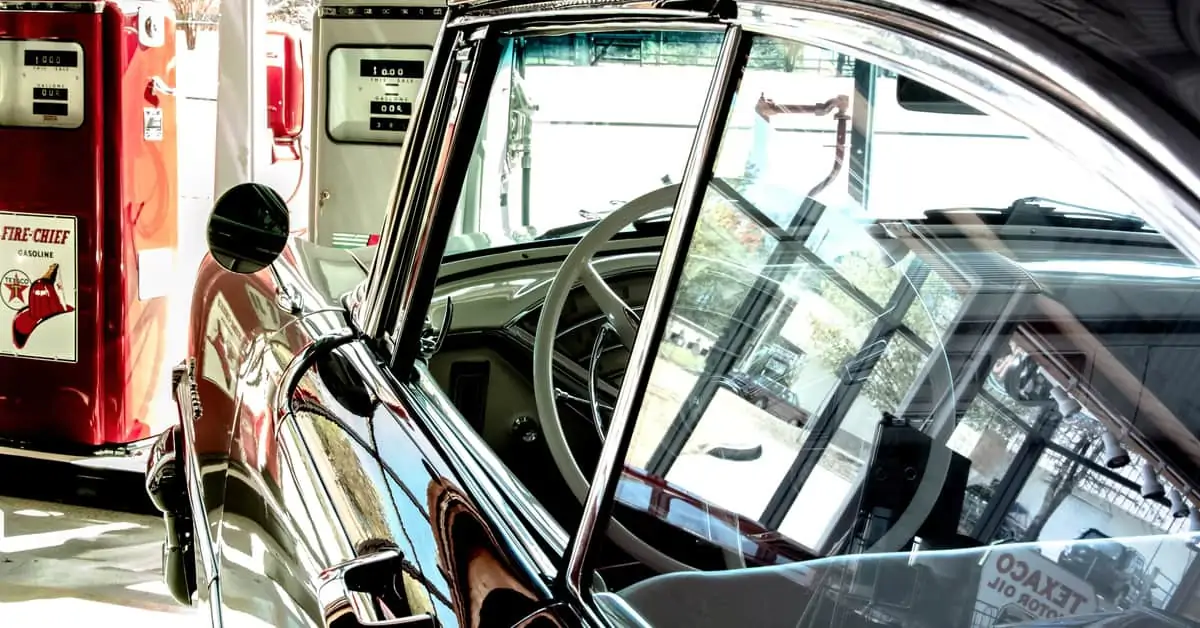Frequent oil changes are necessary for the efficient functioning of your car. However, your car may tend to run or idle rough soon after an oil change, which indicates a problem. But why will a car start running rough after an oil change?
There are many reasons why your car may run rough after an oil change, but most of them are unrelated to the oil change itself. If you’re convinced the oil change is the catalyst for the problem, it’s most probably because you added too much oil to the engine.
This article will explain some of the main reasons why your vehicle may be running rough after an oil change. In addition to that, you’ll learn what to do whenever your car starts to run rough and when you should see an auto mechanic for extensive repairs.
Should You Warm Up Your Car Before Changing Oil?

Your car’s temperature during an oil change has a big impact on the results. If you’re unsure whether to warm up your car before changing your oil, then you should for a couple of reasons.
Most people wait for their cars to cool down before changing the oil, and it’s logical. With mechanical devices, however, things don’t always work the logical way. If you’re waiting for your vehicle to cool before an oil change, you’re making the process unnecessarily long, potentially damaging your vehicle.
One reason why you should consider warming your car before embarking on an oil change is due to the oil’s viscosity. It’s pretty clear that cooler oil is more viscous, and the level of viscosity of oil determines how difficult it will be to drain out of the engine.
If you’re not willing to spend hours trying to change your car’s oil, you may want to consider warming your car before embarking on the exercise. However, convenience isn’t the only justification for warming up your car before an oil change.
The more viscous a liquid is, the less effective it is at washing away contaminants and dirt. The primary reason why most people (everyone) wash their dishes with water is that it’s one of the liquids with the highest viscosity that we know at the moment.
Therefore, it’s only logical that drivers should drive for less viscosity when trying to change their oil. For now, the best way to get less viscosity is by heating your car, which consequently removes contaminants from your car better.
In short, you should always warm your car when draining your engine during an oil change. That doesn’t only make the process easier; it also drains the oil more effectively, removing more contaminants in the process.
However, some vehicles come with explicit instructions from the manufacturer to change the oil cold. If your vehicle has something similar, you might be better off changing your car’s oil without warming up your car. This shouldn’t be the case if you have a car from this decade since they all use the same tech anyway.
Why Is My Car Running Rough After Oil Change?

An oil change shouldn’t cause your car to run rough. When this happens, it’s usually due to some abnormalities during the oil change, but it often turns out it’s just a coincidence. Here are all of the reasons why your car runs rough after a new oil change, including the coincidences as well.
- Excess lubricating oil
If your vehicle runs on a diesel engine, you may be experiencing this problem somewhat frequently. When you pour too much oil into your engine, it overflows and reaches parts of the engine where it shouldn’t.
When it gets to some really hot places, it burns and causes extra friction between the components of your vehicle. This extra friction is what leads to a rough run that smoothens out after a few seconds of idle.
If you’re noticing excess smoke from the exhaust pipe in addition to a rough start, this is usually the case. While your car may continue to work normally, it’s recommended to see a mechanic soonest for professional assistance.
- Dirty fuel injector
If your vehicle starts to run rough after an oil change, it may be unrelated to the oiling system altogether. Many things can cause your vehicle to run rough, and the oil change might simply be an inconvenient coincidence.
When your fuel injector is dirty, they become unable to supply enough gas to keep the car’s engine running at steady levels. This may lead to low RPMs, causing rougher runs for your engine each time. In severe cases, your engine might eventually stop running altogether.
Before concluding that your car’s rough run is certainly a result of the oil change, it’s important to check the fuel injectors to see if you might be wrong. In most cases, it’s usually the fuel injector and not the oil, as most drivers think.
When Should You Change Your Car’s Oil?

Carrying out an oil change exactly when you should is important to prevent your car from running rough after changing the oil. But most people don’t care about when they should change the car’s oil, causing added complexities when they finally decide to change it.
While there’s nothing wrong with changing your oil every couple of weeks, your wallet will notify you that it’s probably not a good idea. If you aren’t driving a super old car, you probably don’t need an oil change every so often.
Most times, your car’s manual carries every information you need about changing your car’s oil. Since different cars use different engines, it’s important to strictly follow the advice of your vehicle’s manufacturer and not some advice backed by anecdotal evidence.
Most engines will need an oil change every 5,000 miles or so. It’s important to ensure you change your car’s oil early, as prolonging it can also lead to a whole lot of issues, prominent one of them being your car running rough.
Summarily, waiting for long intervals between oil changes and changing your car’s oil way too frequently are both damaging to your car’s engine. If you’d like to settle for the lesser evil, it’s best to settle for the latter.

